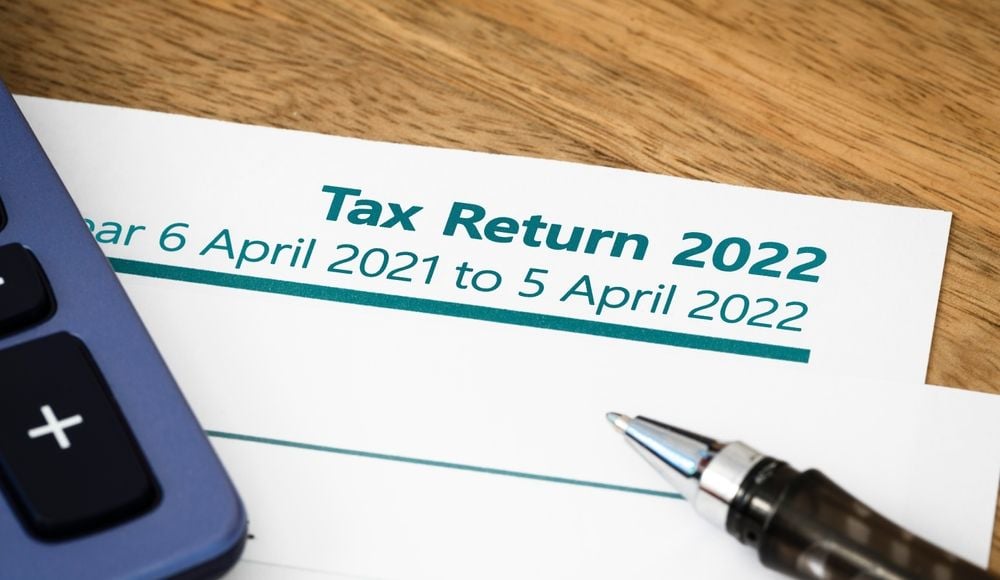
An HMRC tax investigation may take place if/when HMRC suspects incorrect information has appeared in a tax return.
They are also known as ‘Tax Compliance Checks’ and are understandably a cause of great stress and concern for those investigated.
HMRC can investigate both individuals and businesses to make sure the correct amount of tax is being paid, and these investigations are on the increase.
Any individual or business that submits a UK tax return can be investigated. The inspectors will examine their records, seeking any irregularities or signs of improper activity. HMRC can target anyone who submits a tax return, and their highly effective ‘Connect’ software is accessing and sifting through financial information at this very moment.
In this guide, we will take you through what to expect from an HMRC investigation into a business.
What may trigger the HMRC investigation
There are several ways in which an HMRC investigation may be triggered. These mostly relate to the contents of your business tax returns but are also subject to other contributing factors.
- Your financial records may have shown a sudden and drastic change in income and costs
- Tax returns that you have submitted may have discrepancies
- Your costs in certain areas may be significantly higher than average for your business type or industry
- HMRC may be tipped off by a whistle-blower or other source
Important: Many HMRC investigations are completely random or triggered by factors that have no relation to actual tax records. For example, your business may simply be operating in a high-risk sector that HMRC has decided to target more regularly.
Being investigated by HMRC does not automatically indicate a problem with your business taxes.
How will HMRC notify the business?
Before any investigation takes place, HMRC will contact the business directly (by written letter or by telephone) to inform the business owners or, if applicable, the accountant representing them.
At this stage, HMRC will inform the business of its plans to conduct an investigation, as well as the specific areas of concern.
Which business taxes may be subject to HMRC investigation?
- Corporation Tax (CT)
- Value Added Tax (VAT)
- Capital Gains Tax (CGT)
- Insurance Premium Tax (IPT)
- Landfill Tax
They may also investigate the personal tax records of the business owner, such as their Income Tax Self-Assessment (ITSA).
How does the HMRC investigation take place?
The process and schedule of an HMRC investigation into a business may vary. Typically, the inspector will request information from the business, such as financial records, transactions, full accounts, etc.
The business is legally obliged to provide the information requested – however, the option to appeal also exists.
The investigation will usually follow one of two directions.
- Aspect Enquiry: This usually takes place when HMRC wants to examine a specific part of your records or accounts due to inconsistency. This is often the direction HMRC will take when investigating irregularities that appear to be a result of unintended errors.
- Full Enquiry: If HMRC suspects there may be a significant error in a tax return, it may launch a full enquiry. As the name suggests, this investigation will cover all business records, and potentially the personal records of the individuals in charge of the business.
How is the investigation concluded?
Outcomes will vary depending on the findings of the investigation conducted by HMRC.
- If the HMRC investigation determines that your business has paid too much tax, it will need to repay this as a tax rebate.
- If it determines that insufficient tax has been paid, the business will need to pay the outstanding tax to HMRC, usually with interest applied from the date the tax was originally due.
If HMRC identifies underpaid tax or over-claiming of tax reliefs, a penalty may be issued on top of the tax and interest owed. The response will depend on the following factors:
- Whether it suspects the underpaid/overclaimed tax was a result of a genuine mistake or a deliberate attempt to evade tax/over-claim reliefs.
- Whether they believe reasonable care was taken in the accounting and preparation of the tax returns.
- Whether they believe attempts were made to conceal the error, and whether HMRC was notified in a reasonable time frame.
- Whether the business was compliant and helpful throughout the course of the investigation.
How to get help with an HMRC investigation
HMRC investigations can be disruptive and pricey. The full investigation can drag on for a long time even if there has been no wrongdoing.
As your dedicated accountant, Shorts will help you manage any tax enquiries you might receive. Our qualified team of tax experts will translate the many complicated questions HMRC may pose, manage the entire conversation, help you submit any required information and minimise the impact on your business or personal life.
The additional unplanned accountancy costs you may require in defending yourself in the event of an HMRC enquiry can be costly.
For peace of mind, you can subscribe to our Tax Investigation Service, which for a small annual subscription fee will cover the costs in most cases up to £100,000. If your business subscribes to the service, all of the directors, partners and their spouses and company secretaries will also receive representation during an investigation into their personal tax affairs as long as we act for the individuals concerned.

Steven Strawther
I deal with all aspects of personal tax compliance and since joining Shorts I have gained valuable experience in private client advisory and planning opportunities. I have been instrumental in refining the personal tax compliance process and implementing digital solutions to provide clients with an efficient personal tax service.
View my articles